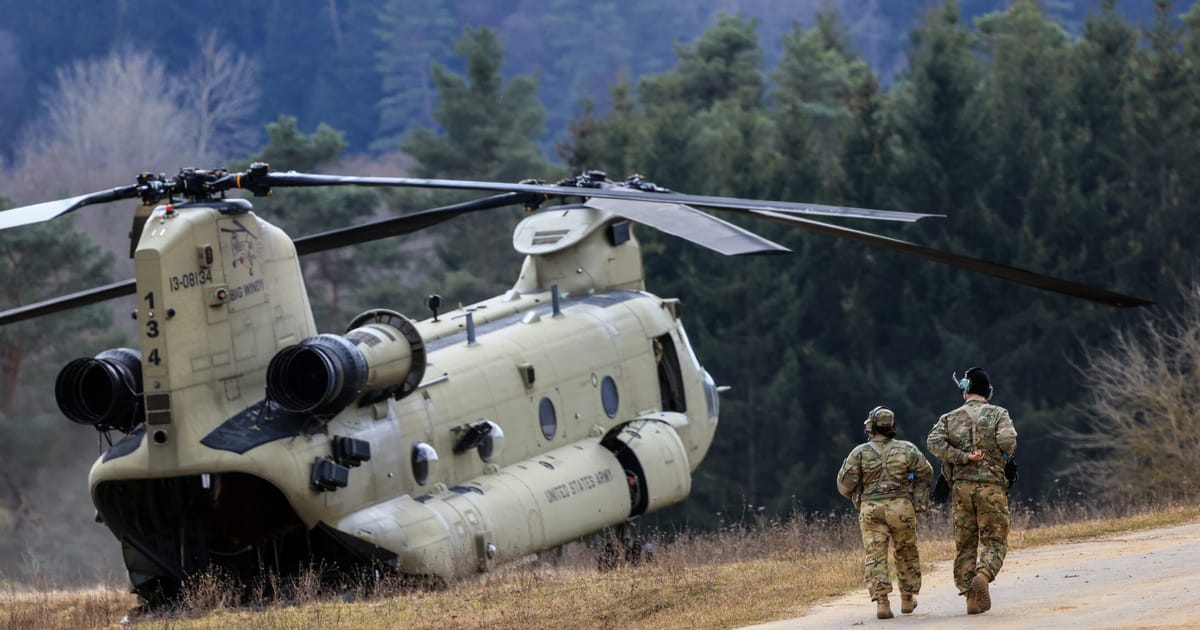

In a world that often seems tempestuous, diplomacy and calm consideration are vital. Several regions globally are currently navigating significant challenges, from military re-evaluations to critical humanitarian pauses, all seeking paths towards resolution and peace.
In Europe, the longstanding partnership between Germany and the United States is facing a period of uncertainty. As the U.S. reassesses its military presence across various regions, Germany finds itself speculating on future security dynamics. Historically, Germany’s quiet diplomacy has been instrumental in securing U.S. support for Ukraine, fortifying the ties between Berlin and Washington. However, with potential troop reductions on the horizon, Germany’s strategic landscape may undergo significant changes. This development underlines the importance of sustained collaboration and dialogue among allies during transformative times, ensuring that shared goals of peace and security are maintained.
Meanwhile, tensions in the Middle East have prompted a noteworthy decision by the Israel Defense Forces (IDF). Amidst escalating concerns over food scarcity and civilian suffering, the IDF has initiated a “tactical pause” in military operations at aid sites in Gaza. This cease in military activity reflects a vital humanitarian response to the alarming conditions facing Gaza’s populace. By pausing military actions at key aid distribution points, the opportunity for essential supplies to reach those in dire need increases, underscoring a commitment to prioritize human welfare amidst ongoing conflict. This decision not only provides much-needed relief but also opens potential avenues for dialogue and future reductions in hostilities.
Southeast Asia is witnessing efforts towards diplomacy amid ongoing conflict between Cambodia and Thailand. Recent tensions have spurred both nations into renewed military engagements, yet a hopeful path emerges as leaders from both countries prepare to meet in Malaysia. Encouraged by international diplomatic pressure, including direct involvement from the U.S. President, these talks aim to cease hostilities along the border and find a peaceful resolution to the recent clashes. The upcoming diplomatic session hosted by Malaysia exemplifies regional cooperation and highlights the crucial role of third-party intermediaries in facilitating constructive negotiations. Such dialogues not only confront immediate concerns but also lay the foundation for sustainable peace and cooperation, expanding beyond the present conflict.
These geopolitical landscapes illustrate varying responses to challenges, emphasizing an overarching theme of striving toward equilibrium and mutual understanding. As global dynamics evolve, the importance of patience, intentional dialogue, and collaborative problem-solving stands clear. In every region, the quest for peace and stability drives diplomatic and military strategies, fostering environments where solutions can be thoughtfully crafted and implemented.
Amid these regional challenges, the international community remains cautiously optimistic about the outcomes of these engagements. Whether it’s through strategic recalibration in Europe, humanitarian considerations in the Middle East, or dialogue-driven peace efforts in Southeast Asia, each step towards harmony is meticulously watched by those seeking a more peaceful global society.
In conclusion, while complexities abound in today’s geopolitical environment, the resilience and adaptability demonstrated by nations as they navigate these challenges offer a beacon of hope. Through shared commitment and the patient pursuit of dialogue, there lies the promise of resolution, stability, and ultimately, peace.
Source: {link}
